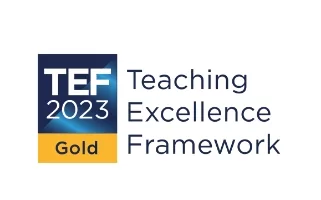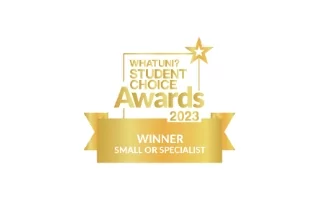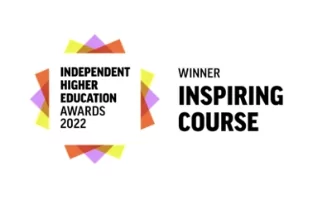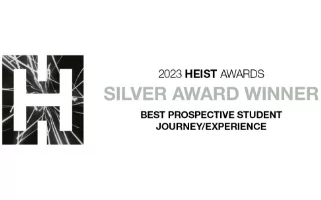Policies and ethics
Norland Educare Research Journal
The journal adheres to the principles of respect for the autonomy, privacy and dignity of individuals and communities; scientific integrity; social responsibility; and maximising benefit and minimising harm (BPS, 2018), as well as the guidelines for early childhood research issued by EECERA (2015) and for educational research issued by BERA (2018), and adheres to the guidelines of the Committee on Publication Ethis (COPE) and the UK Research Integrity Office (UKRIO). For further details, see:
- BPS (2021) Code of Human Research Ethics [bps.org.uk]
- BERA (2018) Ethical Guidelines for Educational Research, fourth edition [bera.ac.uk]
- EECERA (2015) Ethical Code for Early Childhood Researchers, revised version 1.2 [eecera.org]
- The Norland Research Ethics Handbook (2021)
- The Committee on Publication Ethics (COPE) [https://publicationethics.org]
- UK Research Integrity Office (UKRIO) [https://ukrio.org]
The journal expects author(s) to consider and discuss research ethics, demonstrating that the research was conducted in compliance with relevant laws and the guidelines of professional bodies. If applicable, the author(s) should also confirm that an appropriate institutional committee has approved the research. In addition, the author(s) should include a statement confirming that informed consent was obtained from participants and privacy and confidentiality rights were observed.
Author and Norland Educare Research Journal Publication Agreement
Once the paper has been accepted and its final version has been submitted as per the journal’s Information and Guidance for Authors, adhering to its policies, the Author and Norland Educare Research Journal Publication Agreement is signed by both the author/corresponding author and the Editor-in-Chief, in advance of the paper’s publication.
Rejection of manuscripts
Manuscripts that have been published by or submitted to other journals, that contain content that does not correspond to the scientific area of the journal or that do not conform to the instructions to authors will be rejected. In the event of rejection, the corresponding author will be informed with a note detailing the reason for the rejection, and any electronic copies of the paper will be deleted.
Significant errors in published work
When significant errors or inaccuracies are found in published work, it is the author’s obligation to either correct or retract the paper or provide evidence to the journal editors of the accuracy of the paper.
Appeals and complaints
Appeals and complaints are considered if the corresponding author provides sufficient justification in writing within 12 months of the publication date. Appeals and complaints are settled by the editorial board. Appeals and complaints must be emailed to [email protected]
Length of papers
- Empirical, conceptual and methodological papers must be between 5,000 and 7,000 words, including illustrative materials, appendices, and references.
- Papers based on systematic literature reviews and scoping studies may be longer – up to 10,000 words – including illustrative materials, appendices, and references, subject to feedback from peer reviewers.
- Critical reviews, commentaries and research digests must be up to 3,000 words, including illustrative materials, appendices, and references (see further guidance in this document).
Language
Manuscripts should be written in plain and clear language, following the British English language rules and academic and scientific conventions. Foreign words or expressions that convey specific meaning, have cultural connotations or denote culture-bound concepts should be elaborated for the benefit of the reader.
Information and instructions for authors
Prior to writing and submitting their paper, authors are advised to consult the Information and Guidance for Authors document.
Publication ethics
The journal adheres to the guidelines of the Committee on Publication Ethics (COPE) and the UK Research Integrity Office (UKRIO)
Copyright and licence agreement policy
The Norland Educare Research Journal copyrights all online published papers (except otherwise agreed and noted) for the free use of readers, scientists and institutions, under the terms of the Creative Commons Attribution-NonCommercial-NoDerivatives 4.0 International (CC BY-NC-ND 4.0) Licence, provided the original work is cited. For the use of journal content for commercial purposes, written permission from the editorial board is required.
Authors grant the Norland Educare Research Journal a licence to publish the article and identify itself as the original publisher. Authors confirm that the Norland Educare Research Journal retains unconditionally and indefinitely all the copyrights to distribute the article published by the journal.
The Norland Educare Research Journal grants authors the right of the republication of their paper in any book in which they are the author, subject to (i) proper credit being given in the book to the original publication of the article by the Norland Educare Research Journal and (ii) the republication being at least 18 months after the original publication in the Norland Educare Research Journal.
Open access policy
The Norland Educare Research Journal publishes all accepted papers as open access without any charges to the author(s) for article submission, processing and publishing. The papers are available to anyone worldwide, free of charge.
The journal defines its open access policy according to the Budapest Open Access Initiative, aiming to promote open access to research for the wider benefit and advancement of society.



